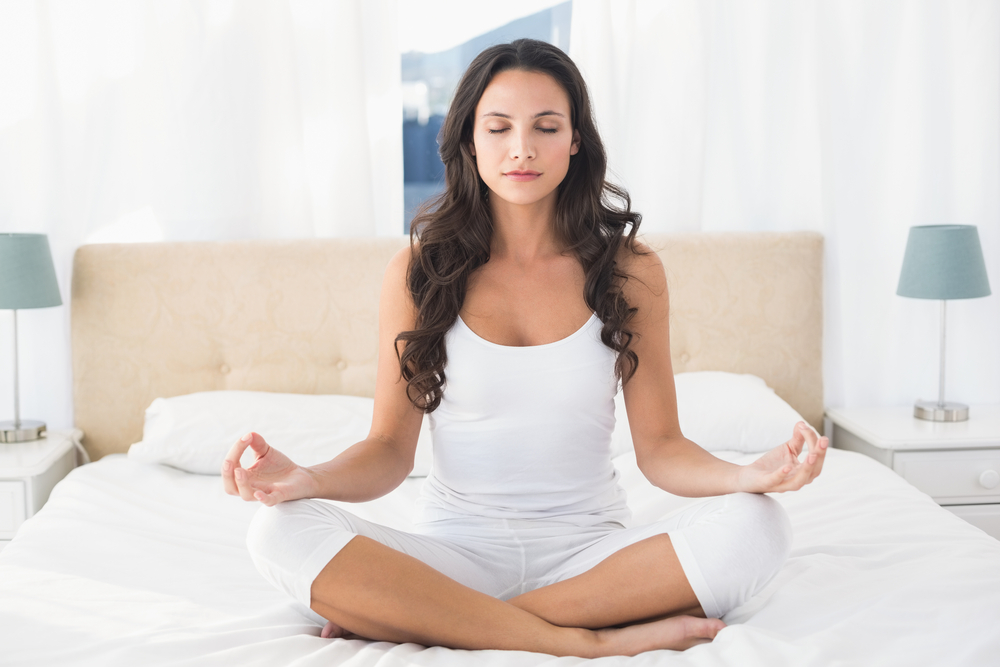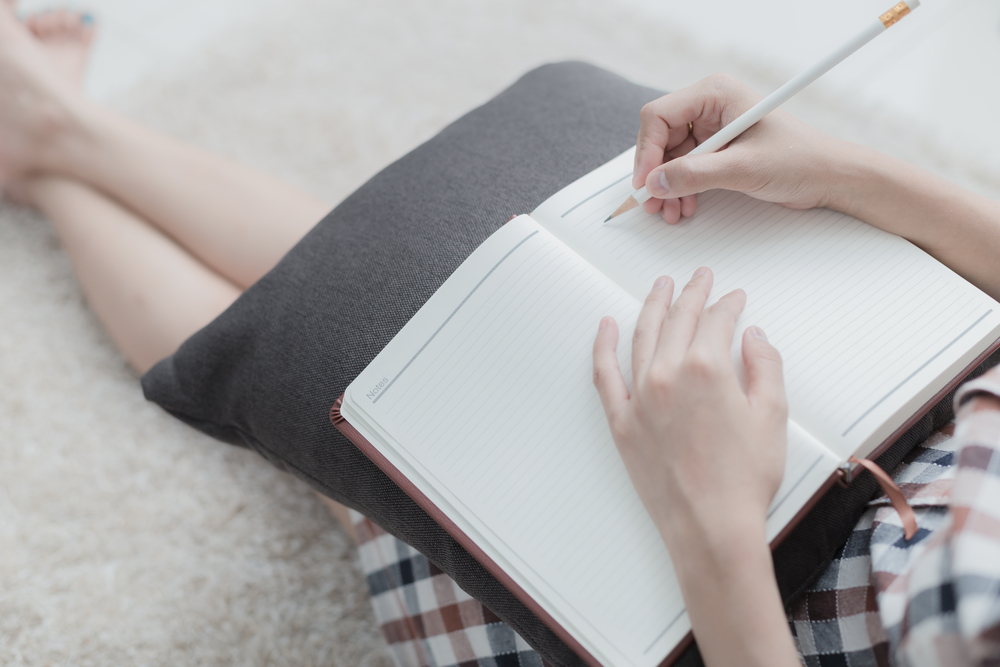With the constantly changing news and the uncertainty swirling around at the moment it’s not surprising some of us are feeling stressed and anxious.
Editor Jane Garton suggests some simple ways to reduce stress.
The latest Covid restrictions mean many of us are spending more time alone at home, working, having meetings on zoom. Depending on where we live and the social bubble we belong to, we may no longer able to visit friends and family. All of these factors can soon take their toll on mental health.
If this sounds familiar you may be feeling tired or irritable. You may be finding it difficult to remember things or have trouble sleeping, perhaps waking up in the middle of the night or finding it hard to drop off in the first place. These are all common symptoms of underlying stress but the good news is there are things you can try to help regain your mojo.
Try meditation

Wherever you are and whatever the time of day meditation can help you relax. You can even do it when out for a walk. If worrying thoughts start to overwhelm try bringing your attention back to the present by noticing the rhythm of your steps. This will help you to focus on your body and surroundings rather than on what is going on in your head. Start to notice what is around you – the colours, the shapes, the smell, the flowers, the trees… breathe and relax.
Manage your diet

Reaching for the biscuit tin or opening that bottle of wine may seem like a good idea in stressful moments but the benefits will be short term. Instead try to follow a healthy, balanced diet, with plenty of fresh fruit and vegetables. Don’t forget to also drink at least eight glasses of fluid a day. If you find plain water boring, pep it up with a slice of lemon or lime. Try to limit your cups of coffee or tea to 1-2 a day. Instead try herbals teas: soothing chamomile or uplifting peppermint are great alternatives to consider.
Take a nap

If a busy mind or anxious thoughts are stopping you from dropping off into a peaceful slumber you are not alone. But one of the positive sides to spending more time working from home is that you can take a quick reviving nap any time you choose. For example, in between virtual meetings or during your lunch hour.
A study carried out by Harvard University on a group of people suffering from information overload saw a distinct improvement in their performance after they started to have midday snoozes. The soothing herb valerian has also been found to have calming benefits during the day as well as helping with sleep problems at night.
Record your worries

Keeping a stress diary for a few days and noting down any sources of stress and how you reacted can help you pinpoint the causes. Include the time, the event, your feelings and your reaction. You can then use this information to help you identify the triggers, as well as best ways to tackle the root cause, and develop coping strategies
Live in the present

Try to avoid thinking too much about the future and what experts call ‘catastrophising thoughts’. This type of speculation means you are spending time worrying about things that may never happen. Instead aim to live as much as you can in the present. The secret is to think about what you can do right now to be happy and find joy in the present rather than worrying about what might or might not happen in the future.
Get out and about

Make it a rule to spend some time outdoors every day. Spending just 20 minutes in a park or green space is enough to make you feel more positive – even if it’s just a quick walk. The reason? Tree-lined paths, parks and greenery can help to change blood flow patterns to the brain. This in turn can helping us to stop mulling things over which can lead to an instant increase in mood.
Take care of you

As the nights draw in and the days become darker it’s easy for our mood to darken too. Some how it was easier to cope with Covid when the sun was shining and we could get outside with friends and family like many of us did in the summer. Now’s the time to nurture yourself and show some self-compassion.
Be gentle on yourself and if things go wrong don’t beat yourself up but treat yourself as you would a close friend going through a difficult time. Have a relaxing soak in the bath, listen to some music, or read a good book. Make self-care a priority this winter.
























Add comment